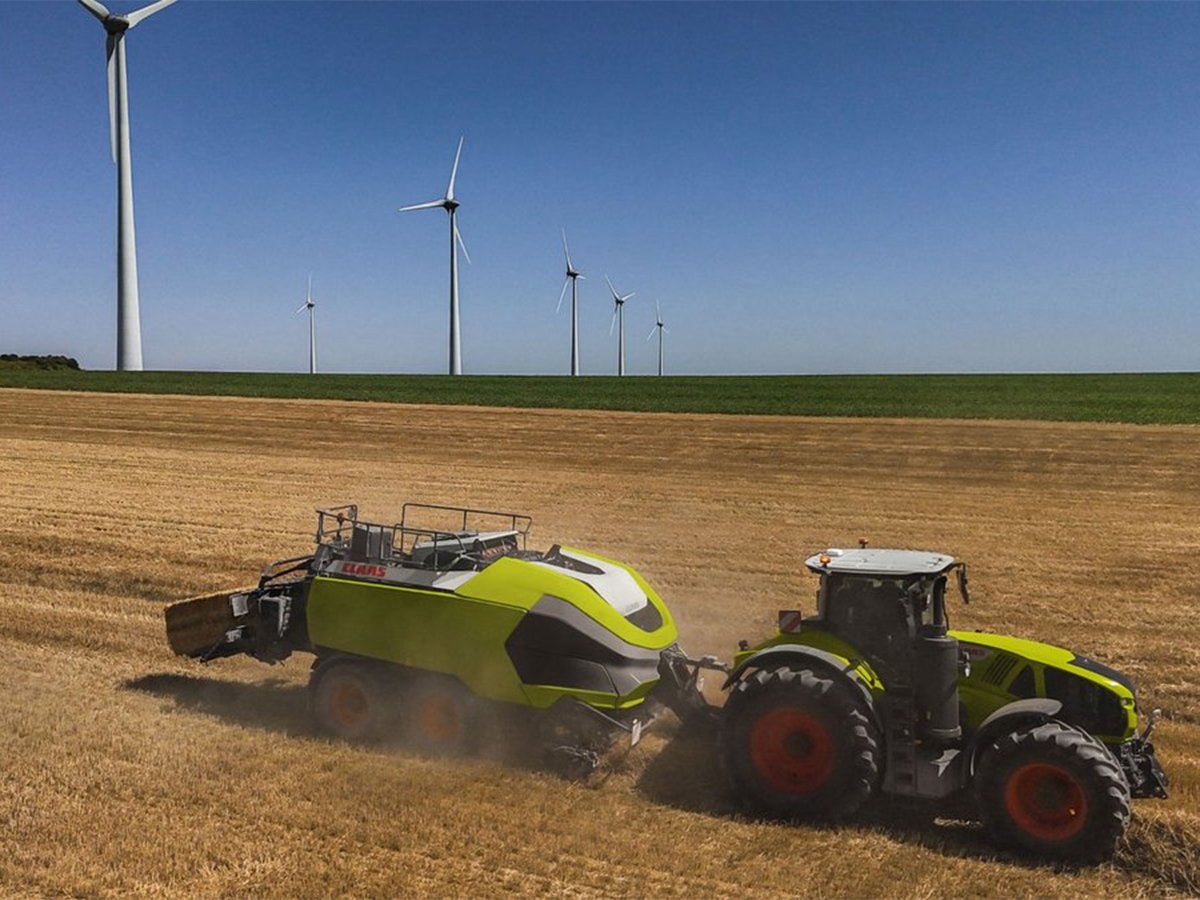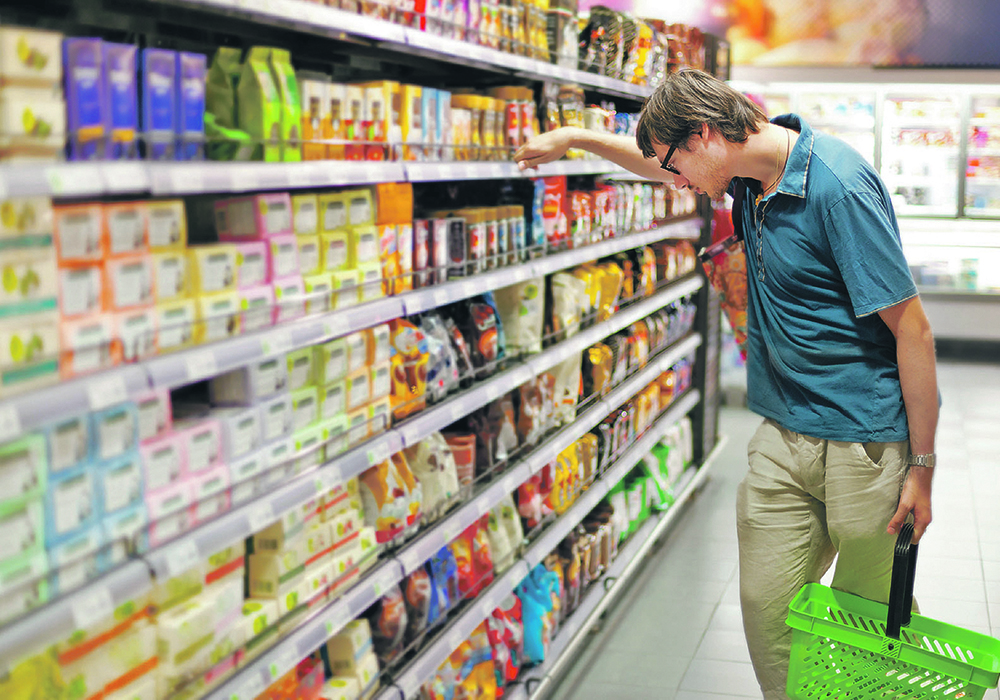Canadian Centre for Food Integrity report finds fewer people believe food system is heading in the right direction
New research suggests Canadians are uncertain about whether the country’s food system is moving in the right direction.
A report from the Canadian Centre for Food Integrity issued last month showed that compared to 2020, fewer respondents agreed the food system was on course. The number dropped eight percentage points.
But as the CCFI’s Paighton Smyth noted, the responses went from “right direction” to “don’t know.”
Smyth, partner engagement co-ordinator at the centre, said this is because Canadians are confused and overwhelmed by the information they get about food.
Read Also

Machinery automation runs through 2025 Agritechnica innovation awards
Computer vision and AI processing for farm machinery show up many times in Agritechnica’s 2025 innovation award winners.
President John Jamieson said that respondents don’t know which information to trust.
“The information doesn’t appear transparent due to the vast amount of conflicting misinformation,” he said.
During the organization’s public trust summit, Smyth said focus groups were held online across the country and a survey of 2,202 Canadians in late summer formed the results, which are accurate within plus or minus 2.4 percentage points.
Smyth said it is an opportunity for stakeholders to share credible information.
Farmers remain trusted sources for that information, she said, while politicians, university researchers and food processors are less so.
“Canadians want to hear from farmers,” Smyth said. “They want to hear the details of where their food comes from and how it’s produced from the people who grow it.”
The rising cost of food tops a list of five overall concerns people have, followed by keeping food affordable, global warming and climate change, energy costs and health care costs. Smyth said in 2020 the two main concerns, were the economy and food.
Respondents who said Canada’s food system is on the right track cited the country’s regulatory system, including food inspection and public health response to food safety.
“There was a general impression that Canada’s regime on food production safety is more stringent than in other countries,” Smyth said.
Those who think it’s on the wrong track named a lack of transparency as the key reason. Most of these sentiments refer to food processing and the need for more information on ingredients, she said.
The results showed a significant decrease in concern about pesticide use in crop production, food from genetically modified crops, antibiotic use in animal production and the idea that organic food is healthier, she said.
The pandemic did not seem to affect attitudes toward food in that respondents minimally noted empty shelves for some items.
The survey also asked respondents how they picture farmers. Words like old, man, plaid and ball cap were used in the descriptions.
Smyth said while there was one mention of modern technology the general common image is of a family and an idyllic operation.
“The impressions of Canadian farmers stem from childhood imagery and the portrayal of farmers in the media,” she said. “Respondents indicated that they would like to see more diversity in the farmers who are speaking to the public. Only 16 percent agreed that the current representation is accurate.”
The importance of communication by and through farmers to consumers is noteworthy, she said. Trust in farmers remains strong, while university researchers were down by five points and grocery stores were down three points.
Politicians, government agencies, food processors and manufacturers came in “incredibly low on the trustworthiness scale,” she said.
Survey participants want a transparent food system with clear labels and information on processing. Smyth said they still agree that they trust food produced in Canada more than they trust food produced elsewhere.
“The results demonstrate declining numbers in three important metrics: those who say the food inspection systems are trustworthy, those who feel Canadian meat is derived from humanely treated animals as well as those who think that Canadian farmers are good stewards of the environment. These will be results to closely track moving forward.”
















